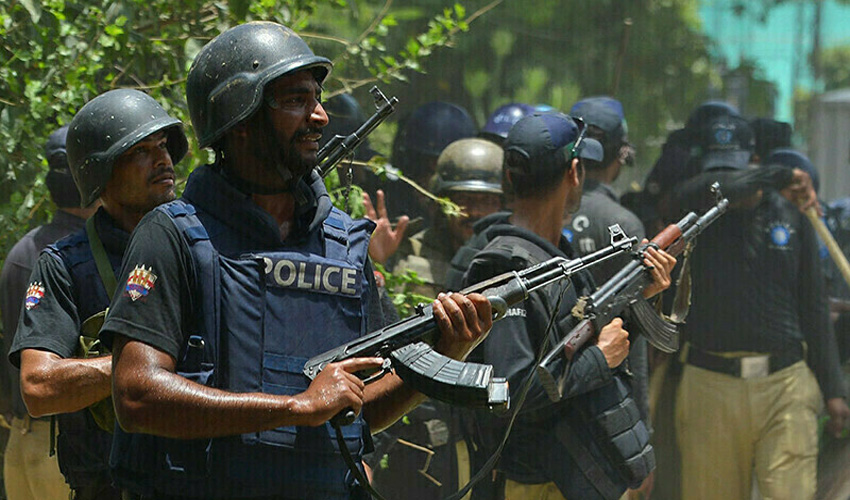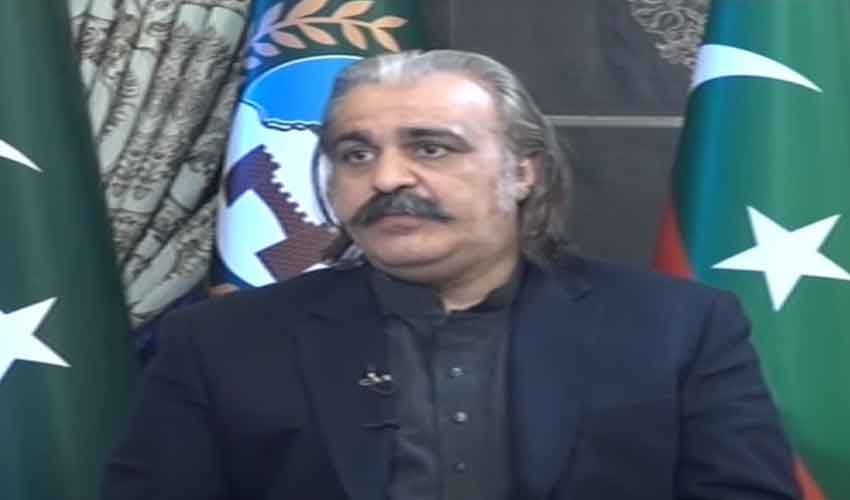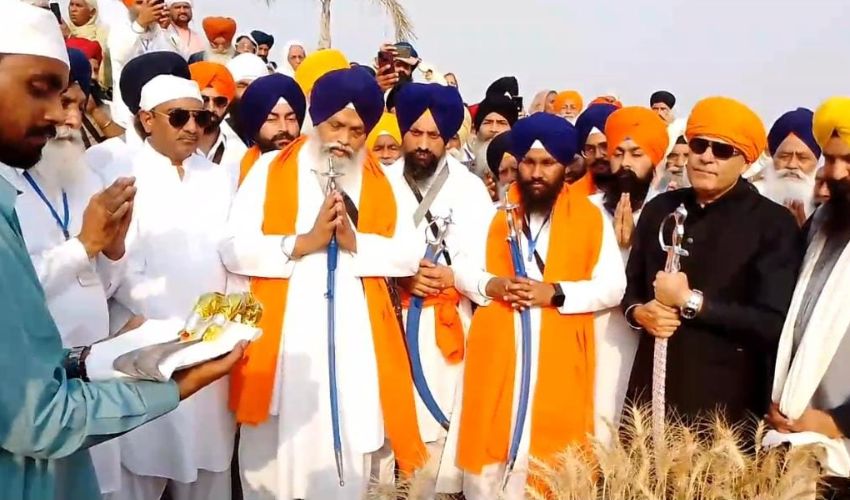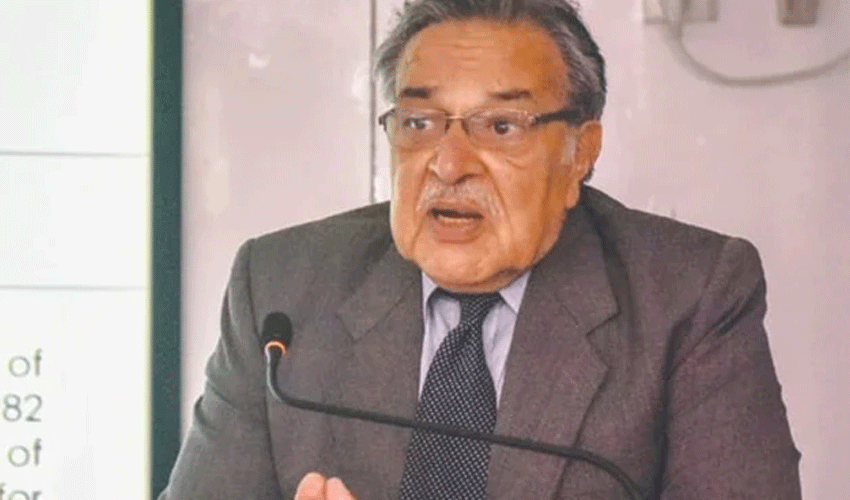Citizens are taking to the streets in massive protests across Pakistan against the steep increase in electricity and fuel prices, which have been followed by a relentless wave of inflation. Demonstrators are demanding immediate government action to provide relief in electricity bills and to rollback tax hikes.
In Lahore, business groups, industrialists, and Jamaat-e-Islami (JI) organised a widespread shutterdown strike and protest against surging electricity and fuel prices. Demonstrators marched through the main market in Gulberg, calling on the government to promptly reduce electricity rates and curb theft, conduct forensic audits of Independent Power Producers (IPPs), and eliminate electricity line losses and subsidies.
Addressing the protest at The Mall Lahore, Amir Jamaat-e-Islami, Sirajul Haq, voiced his rejection of any violence regarding electricity bills. He questioned the Rs 18,000 tax on a Rs 40,000 bill and asked who had authorized the caretaker government to escalate inflation.
In Karachi, the country’s commercial hub, a complete shutdown was observed in response to Jamaat-e-Islami’s call to protest against inflation and skyrocketing electricity bills. Major business centers, including Bolton, Saddar Cooperative Market, Zainab Market, Haideri, and Jama Cloth Market, remained closed.
Amir JI Karachi, Hafiz Naeemur Rehman, emphasized that their movement aims not only for today’s strike but also for reducing electricity bills. He warned the government of impending consequences if they persist with their policies.
Mian Aslam, the central deputy Amir of Jamaat-e-Islami, linked street crime to inflation, stating that when families lack basic necessities, crime rates escalate. He asserted that the government must lower prices of electricity, petrol, diesel, sugar, and essential commodities, addressing the demand of the 240 million people.
Kashif Chaudhary, President of the Central Organization of Traders, declared that 10 million shops across the country were closed in protest against inflation. He gave the government a 72-hour ultimatum to reconsider their decision, threatening stronger protests if they do not.
Leaders of Jamaat-e-Islami and traders expressed their willingness to engage in dialogue with the government to address these pressing issues.
Similarly, in Peshawar, the JI and businessmen joined forces in a shutterdown strike against rising electricity bills. Business centers across the city, including Cantt, Hashtnagri, Khyber Bazar, and Ashraf Road, remained closed. Protesters rallied and burned tires on GT Road while vehemently protesting against the government’s decisions.
Demonstrators in Faisalabad took to the Samundari road to express their discontent, with some resorting to vandalism and violence against commuters. They demanded the withdrawal of additional taxes on electricity, gas, and petroleum products. If their demands are not met, a strike and dharna (sit-in) are planned in Islamabad on September 17.



























